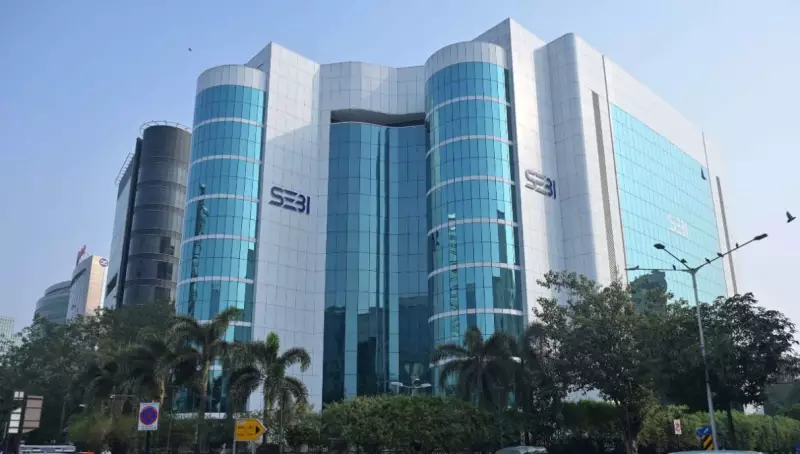
In a landmark move that could reshape India's mutual fund landscape, the Securities and Exchange Board of India (SEBI) has unveiled a comprehensive set of proposals aimed at significantly reducing costs for millions of investors while enhancing transparency across the industry.
What SEBI's New Framework Means for Your Wallet
The regulatory overhaul, announced on October 29, 2024, targets the Total Expense Ratio (TER) - the annual charge investors pay to mutual fund houses for managing their money. SEBI's proposed changes could lead to substantial savings for both retail and institutional investors over the long term.
Key Reforms on the Horizon
Expense Ratio Rationalization: SEBI plans to introduce a unified TER structure that would apply total scheme-level charges rather than the current plan-based approach. This could particularly benefit smaller fund houses and new entrants.
Performance-Linked Fees: In a significant shift, the regulator has proposed allowing fund houses to charge performance-linked fees, aligning the interests of fund managers more closely with investor returns.
Transparency Boost: The proposals mandate clearer disclosure of all costs, including transaction charges and exit loads, ensuring investors have complete visibility into what they're paying for.
Impact on Different Investor Categories
- Retail Investors: Expected to benefit from lower overall costs and improved disclosure requirements
- SIP Investors: Could see reduced expenses on their systematic investment plans
- Institutional Players: May experience more competitive pricing and better alignment of interests
Industry Response and Implementation Timeline
The mutual fund industry has largely welcomed the proposals, with many experts calling it a progressive step towards making mutual funds more accessible and cost-effective for Indian investors. However, some concerns have been raised about the operational challenges of implementing these changes.
SEBI has invited public comments on the consultation paper until November 18, 2024, with final regulations expected to be implemented in the coming months. The changes are likely to take effect in the 2025 financial year, marking one of the most significant mutual fund reforms in recent years.
This regulatory refresh comes at a crucial time when India's mutual fund industry has been experiencing robust growth, with assets under management crossing the ₹50 lakh crore mark. The proposed changes could further accelerate this growth by making mutual funds more attractive to first-time investors.





